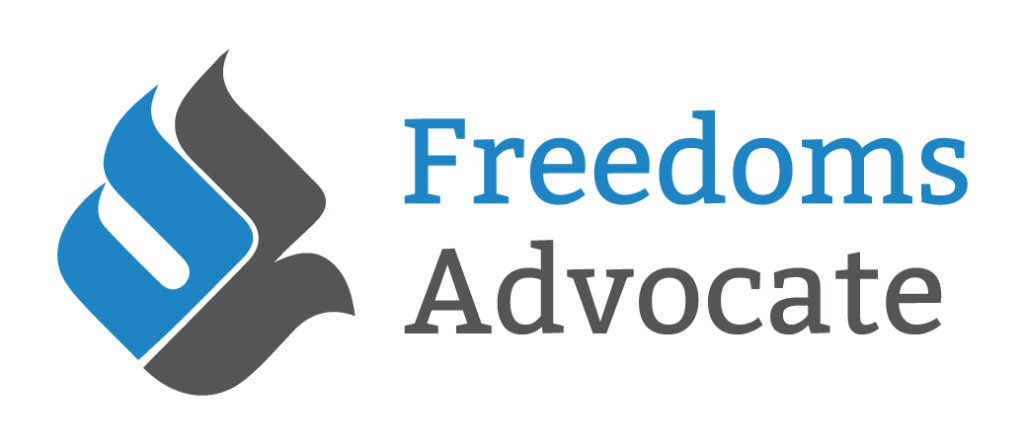The Bank of Canada is currently asking Canadians to provide feedback on a potential central bank digital currency (CBDC), but the implications for privacy and freedom could be significant. In fact, some experts warn that allowing a centralized currency would move Canada towards a surveillance state where dissidents can find their bank accounts frozen.
We have already seen this happen in Canada. In February 2022, the federal government froze bank accounts of those who participated or donated to the Freedom Convoy, which was a peaceful protest in Ottawa against Covid lockdowns and vaccine mandates. In some cases, individuals who gave $20 to the cause had their bank accounts shut down. Some protestors who were in Ottawa were debanked, with their financial institutions shutting down their services entirely.
Privacy experts warn that if the federal government, led by Justin Trudeau, does move towards a central digital currency, it could make Canada a version of China, with a social credit score that allows governments to track the finances of citizens and freeze bank accounts of those that don’t conform.
Mid-November, the International Monetary Fund (IMF) released its “Central Bank Digital Currency Virtual Handbook” addressed for global central banks. The IMF suggested CBDCs will end a cash-based economy.
“CBDCs could be a nightmare for democracy, for civil liberties, and potentially all sorts of human rights,” Ori Freiman, a post-doctoral fellow at McMaster University’s Digital Society Lab, said in May.
“At the end of the day, all those policy-makers need to understand that this technology can be weaponized to identify people, and because of that, they need to come up with a clear red line.”
Some U.S. Republican states have been bringing in legislation to prevent the U.S. federal government from moving to a digital currency, suggesting it would “surveil” transactions and the government would have a means to stop political activity it didn’t like.
The Bank of Canada is moving ahead with consultation either way.
“As Canada’s central bank, we want to make sure everyone can always take part in our country’s economy. That means being ready for whatever the future holds,” said Senior Deputy Governor Carolyn Rogers in a press release.
The bank said that Canada may require one in the future and the bank needs to “get ready.”
Do Canadians want to ask the government for permission to move their money around? Do Canadians trust their government to not shut down their bank accounts or freeze transactions?
A digital currency could be used for the Canada Revenue Agency to automatically assess income taxes against Canadians based on activity in their bank account. It also lets governments access the private financial data of citizens. The government could misuse this information under the auspices of fighting crime and “safety.”
According to Dave Bradley, chief revenue officer at Bitcoin Well, a centralized digital bank system doesn’t offer many benefits to consumers, but it does benefit the government, “if they decide to use that new level of control to crack down on people in some way,” he said.
China uses both a digital version of money and a social credit score system that penalizes dissident citizens.
“They could have things like, ‘you bought too much red meat last week, and so next week, you’re punished. You’re not allowed to spend any money more than five kilometres from your home,’” said Bradley.
“We could see the minutiae of our lives tracked and our choices really cracked down upon by the government, and it’s a dystopian possibility where personal decision-making could be completely eliminated.”
Give the Bank of Canada feedback on why a centralized currency threatens freedom.

